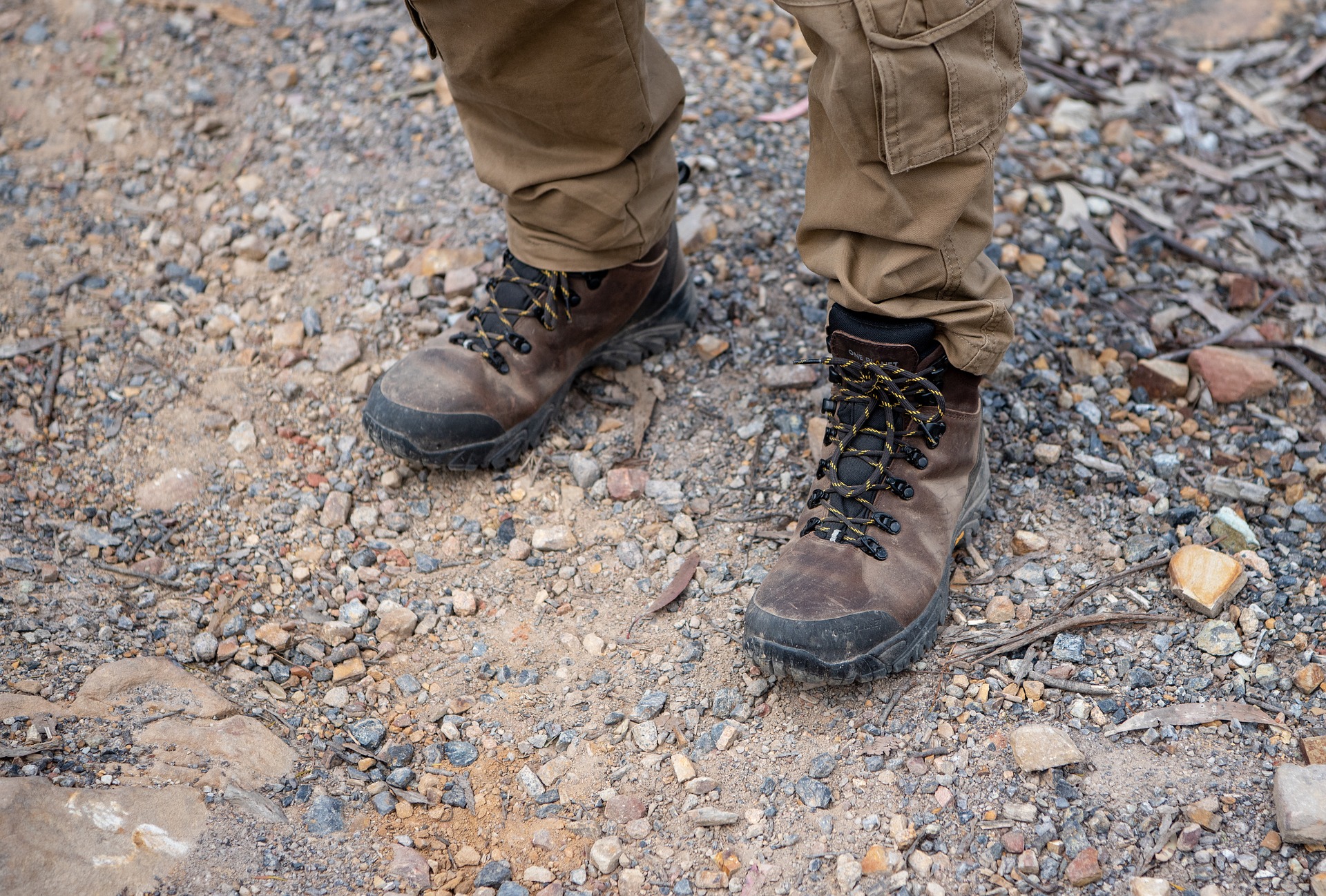Lesson 9
Create Word Problems
Warm-up: Number Talk: Difference and Thousands (10 minutes)
Narrative
The purpose of this Number Talk is to elicit strategies and understandings students have for subtracting multi-digit numbers when the minuend is a multiple of 100. These understandings help students develop fluency and will be helpful later in this lesson when students will need to be able to interpret student work and solve word problems that involve multi-digit numbers.
Launch
- Display one expression.
- “Give me a signal when you have an answer and can explain how you got it.”
Activity
- 1 minute: quiet think time
- Record answers and strategy.
- Keep expressions and work displayed.
- Repeat with each expression.
Student Facing
Find the value of each expression mentally.
- \(5,\!000 - 403\)
- \(5,\!300 - 473\)
- \(25,\!300 - 493\)
- \(26,\!000 - 1,\!493\)
Student Response
For access, consult one of our IM Certified Partners.
Activity Synthesis
- “Did you find yourself always using an earlier expression to help you find the value of a new expression? Did you find yourself switching strategies at times?”
- “Which expression did you find most challenging to reason about?” (Sample response: \(26,\!000-1,\!493\) because there were many zeros in the number being subtracted from.)
Activity 1: What’s the Question? (15 minutes)
Narrative
In this activity, students analyze a situation and given solutions and think about what questions were asked. They also write their own question that can be answered with the quantities in the situation. As they connect equations to a context, students reason quantitatively and abstractly (MP2) and engage in aspects of modeling (MP4).
Advances: Speaking, Conversing
Supports accessibility for: Conceptual Processing, Organization, Memory
Launch
- Groups of 2
- “Have you ever gone on a long hike? What is the longest distance you ever traveled just by walking?”
- “Let’s look at the work a student did to answer questions about two men who set world records for traveling by walking.”
Activity
- 5 minutes: independent work time
- 5 minutes: partner work
- “Share solutions with your partner and share strategies for solving the task.”
- 5 minutes: Trade problems with a partner, solve, and review strategies for solving.
Student Facing
George Meegan walked 19,019 miles between 1977 and 1983. He finished at age 31. He wore out 12 pairs of hiking boots.
Jean Beliveau walked 46,900 miles between 2000 and 2011 and finished at age 56.

Here are the responses Kiran gave to answer some questions about the situation.
Write the question that Kiran might be answering. In the last row, write a new question about the situation and show the answer, along with your reasoning.
| question | response and reasoning |
|---|---|
| 1. |
\(1983 - 1977 = 6\) \(12 \div 6 = 2\) 2 pairs of hiking boots |
| 2. |
\(56 - 31 = 23\) 23 years |
| 3. |
\(2011 - 2000 = 11\) \(11 \times \underline{\hspace{1 cm}} = 46,\!900\) \(44,\!000 + 2,\!200 + 770 = 46,\!970\) |
| 4. |
Student Response
For access, consult one of our IM Certified Partners.
Activity Synthesis
- “How did you figure out the question that was asked just by looking at the equations?” (We can look at the numbers they used and look back at the story to see what they meant. For example, subtracting the years lets us know something about the difference between the years. Dividing 12 by 6 lets us know that the years and the pairs of boots were used to find an answer.)
Activity 2: What’s the Problem? (20 minutes)
Narrative
In this task, students create their own word problems that must have a specific answer and follow additional constraints involving the type of operations that could be used to solve the problem or the size of the numbers they can use (MP2, MP4).
Launch
- Groups of 2
Activity
- 5 minutes: independent work time
- 10 minutes: partner work time
Student Facing
Elena, Noah, and Han each created a problem with an answer of 1,564.
- Elena used multiplication.
- Noah used multi-digit numbers and addition only.
- Han used multiplication and subtraction.
Write a problem that each student could have written. Show that the answer to the question is 1,564.
- Elena‘s problem:
Solution:
- Noah‘s problem:
Solution:
- Han‘s problem:
Solution:
Student Response
For access, consult one of our IM Certified Partners.
Activity Synthesis
- Select 1–2 students to share the problem they created for each constraint.
-
Consider asking:
- “How did you start?”
- “How did you make sure 1,564 would be the answer? How did you make sure your problem would match what each student used?”
Lesson Synthesis
Lesson Synthesis
“Today we determined the questions for different problems and created new problems that involve different operations.“
“How was the thinking process different when coming up with questions than when answering questions?”
“What was challenging about creating questions when a situation and some information about it are given? What about when no information other than the answer was given?”
Cool-down: A Music Festival (5 minutes)
Cool-Down
For access, consult one of our IM Certified Partners.